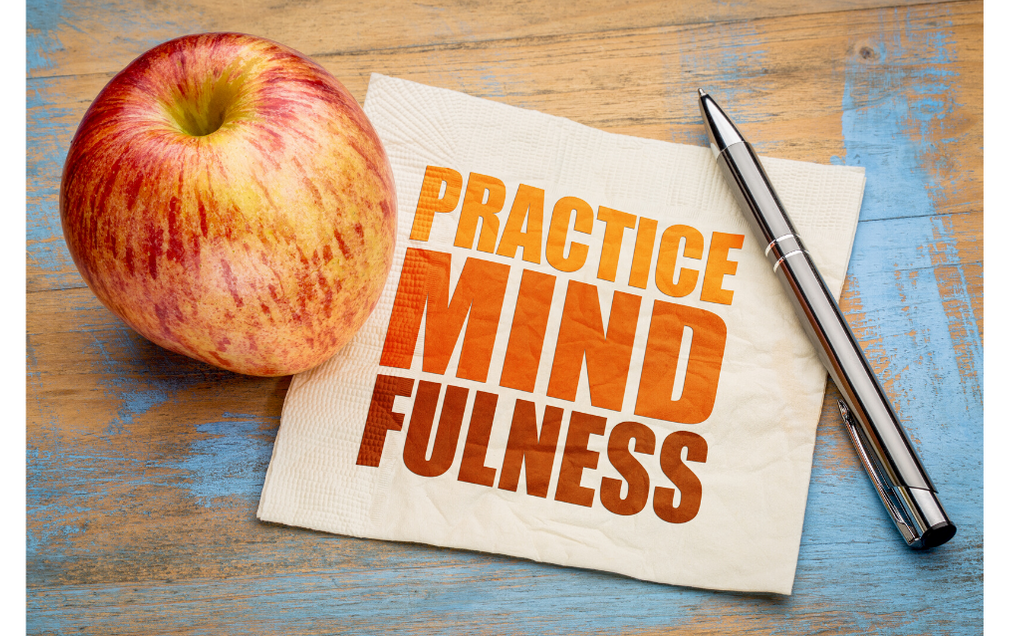Eating Mindfully During Quarantine
Is the stress from the pandemic affecting your eating habits?
As we all attempt to isolate and prevent the spread of the Coronavirus, most of us are left with feelings of stress, anxiety, and depression. While we’re doing our part to prevent ourselves and our families from getting physically sick, a toll is taken on our mental and emotional health.
When emotionally stressful situations occur, eating behaviors tend to be affected. Many of us turn to food as a way to cope and find comfort, while others lose their appetite and restrict their food intake. Either way, we use food as a way to soothe ourselves and suppress negative emotions.
With a kitchen full of food, and the negative feelings associated with social isolation, some of us are likely to engage in binge-eating. A binge happens when a person eats an unusually large amount of food in one sitting and feels out of control in their eating behaviors. Whereas others report restricting food intake due to loss of appetite, or fear of running out of food, and not being able to restock.
While these behaviors may help us feel comforted in the immediate moment, bingeing, restricting, or mindlessly grazing, are not actually beneficial to our emotional state. It is these behaviors that leave us with feelings of guilt and shame. In order to make changes in the way we cope with stressful situations, we have to dig deep into the emotions driving these behaviors.
Gain insight- to get to a place where you can stop yourself from mindlessly eating, you first have to recognize that you are engaging in these behaviors.
Identify triggers- decide what factors are making you want to turn to food for comfort.
Avoid triggers when possible- avoiding situations that bring up negative emotions, and instead finding ways to shift your attention to something more emotionally beneficial, can help minimize your urges to eat mindlessly.
Check-in with yourself- do this often throughout the day to make sure that you’re eating when you’re hungry and stopping when you’re full. Ask yourself: “When was the last time I had something to eat?”, “Am I hungry or am I feeling emotionally triggered right now?”, “Am I restricting?”, “Am I choosing foods that are nourishing my body?”, “Do I feel full?”
Reach out for support- think about your social network: family, friends, your dietitian, and therapist… Who do you feel would best be able to understand and support you? Reach out to this person to hold you accountable.
Each day is a clean slate- if your attempts to eat mindfully don’t seem to be working every time, try, try again. Learning to eat mindfully is a process that doesn’t happen overnight.
As the world is being taken over by this pandemic, we can’t control what happens with the spread of the virus. We can only control the way we react to the stress we experience during this time. Taking the steps necessary to manage stress, and learn how to eat mindfully, may make your time in quarantine feel much more manageable.


